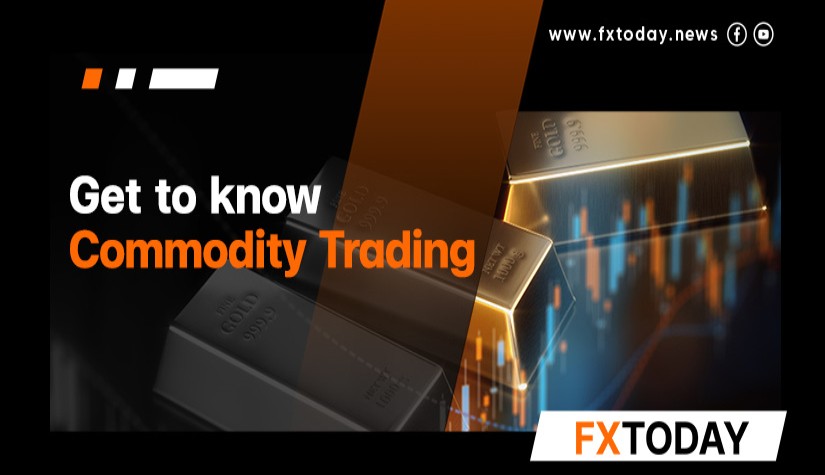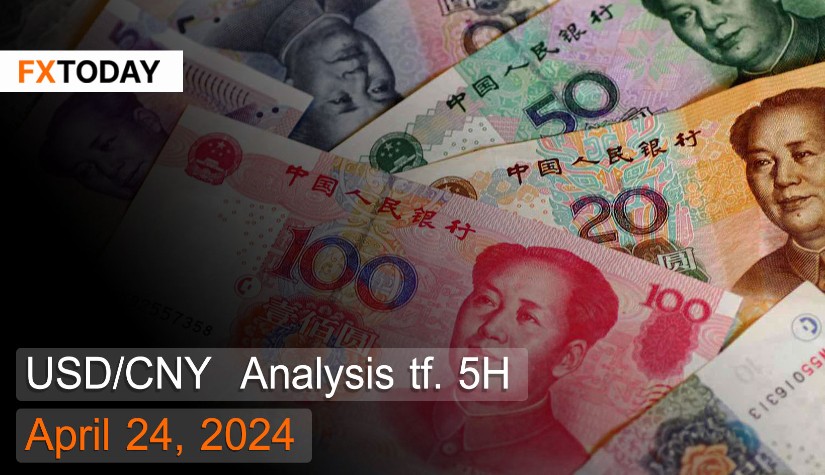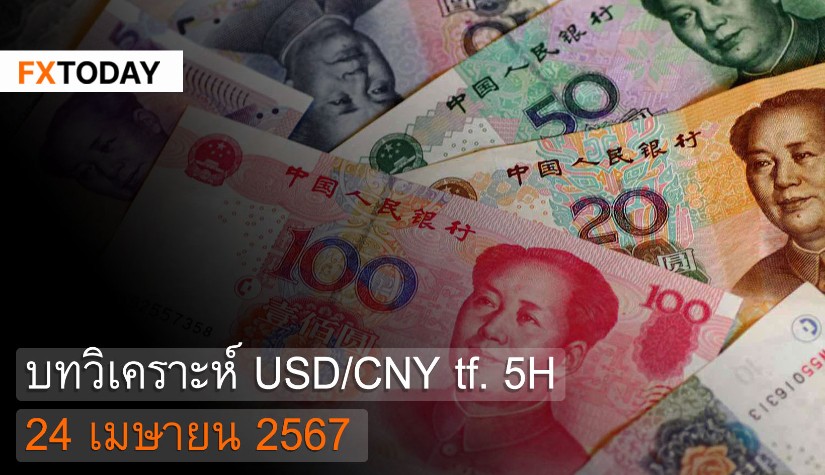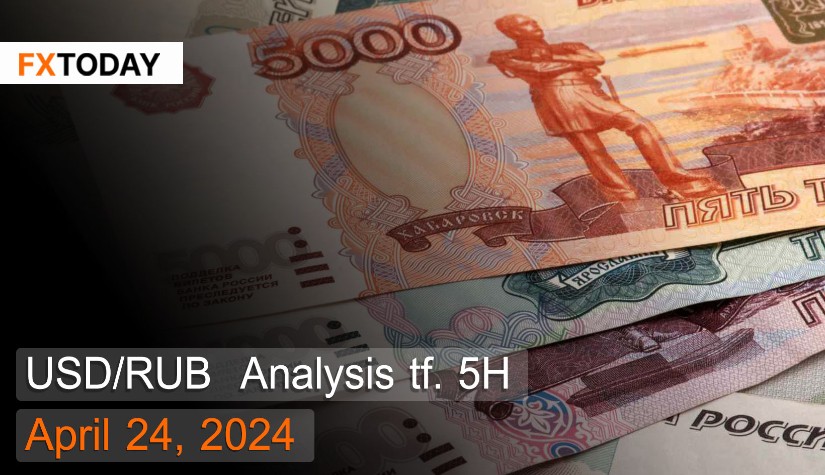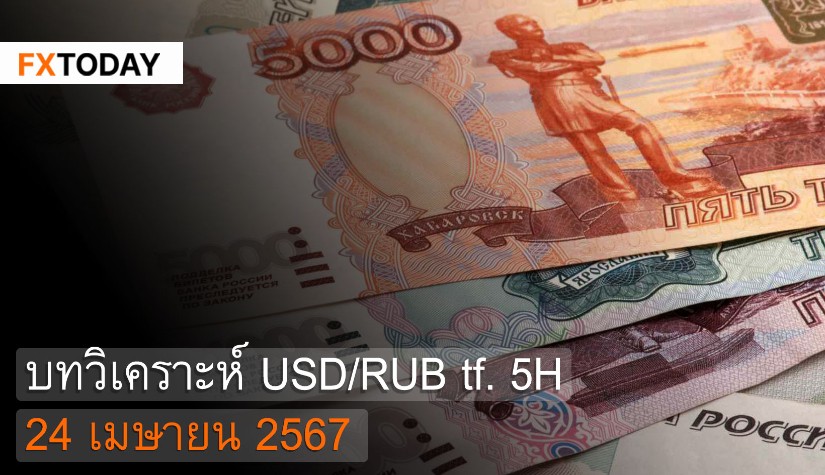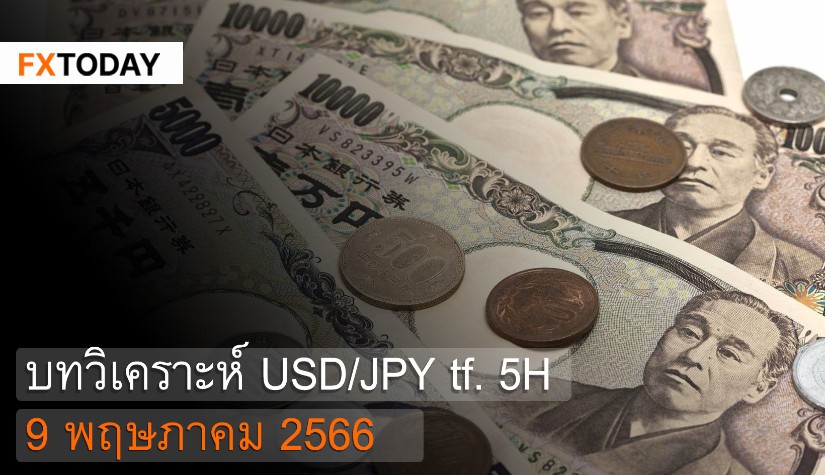In recent years, commodity trading has emerged as an investment channel with great return potential. So what exactly is commodity trading, and why does it attract such a large number of investors? This article presents about the meaning of Commodity, the types of Commodity and the advantages of Commodity.
What is Commodity?
Commodities are basic raw materials or raw materials derived from natural resources that serve as the basis for the manufacture of other goods. Sugar and cocoa, for instance, are commodities that comprise the basis or raw ingredient for chocolate bars. In other words, commodities are extracted, planted, or created goods, and the majority of market participants trade or invest in the most popular and liquid commodities.
Types of Commodities Traded in the Market
Commodities that are traded generally fall into four broad categories:
1. In other words, commodities are extracted, planted, or created goods, and the majority of market participants trade or invest in the most popular and liquid commodities.
2. Commodity goods in the energy sector, including petroleum products or oil and gas. Additionally, investors should be aware that the state of the economy and any changes in production can frequently influence the market pricing of energy commodities.
3. Commodity goods, such as gold, silver, and platinum, as well as base metals such as copper. As a hedge against inflation or currency devaluation, investors may decide to invest in precious metals during moments of market turbulence.
4. Commodity products in the livestock industry, include pork belly, cows, and general animals, as well as meat commodities.
What to Know Before Commonitiy Trading?
1. Commodities Market: Investors need to understand what type of market.
2. Product – Investors must know the product you will trade.
3. Contract Type – Investors must learn contract types because each product has many types of contracts.
4. Time and Expired date – Some contracts have trading periods and expiration dates.
5. Risk Control - Determining the value of each contract type due to their disparate worth.
6. Rollover – A way to extend an expired contract which has advantages and disadvantages.
Advantages of Commodity Trading
1. High Liquidity (Spot Trading/International Trading).
2. Invest in a variety of commodities in four major product categories: Agriculture, Energy, Metals, and Livestock, totaling more than 30 commodities.
3. High transparency
4. The prices of securities and bonds move in the opposite direction of each other, which help protecting investors and enhancing the liquidity of stock investments.
5. Used as a hedge against inflation as inflation will cause the prices of bonds and stocks to fall.
6. Potential for high growth over time as demand for certain commodities keeps rising and resources dwindling.
Conclusion
In conclusion, commodity trading is an excellent trade that does not demand a huge initial investment and does not require a large amount of capital. However, investors should thoroughly study and assess the market price to reduce any danger.
____________________________________________
Maximize your knowledge: Articles
Keep up to date on global events: News
Explore in-depth analysis: Technical Analysis

